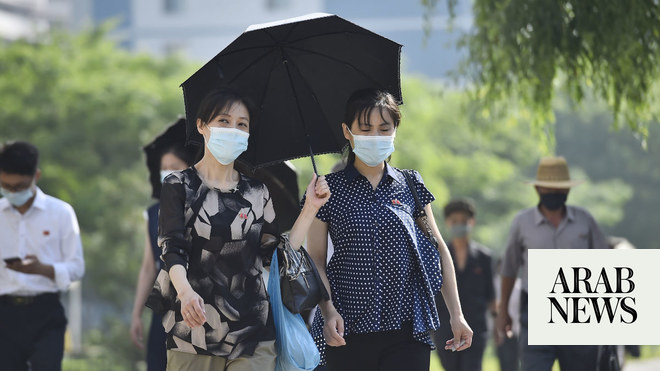
An NHS hospital that upgraded the type of face masks used by staff on Covid-19 wards recorded a dramatic fall of up to 100% in hospital-acquired coronavirus infections among those workers, research shows.
Addenbrooke’s hospital in Cambridge upgraded the masks from fluid-resistant surgical masks (FRSMs) to filtering face piece 3 (FFP3) respirators, with the change made in late December in response to its own staff testing data.
Public Health England (PHE) had, until recently, recommended that healthcare workers caring for Covid-19 patients should use FRSMs as respiratory protective equipment.
PHE recommended that an FFP3 respirator should be used if an aerosol-generating procedure was being carried out, such as inserting a breathing tube into a patient’s windpipe.
Guidance has been updated recently to oblige NHS organisations to assess the Covid-19 risk to staff and provide FFP3 respirators where appropriate.
Addenbrooke’s has been testing staff for Covid-19 since the start of the pandemic, even when workers showed no symptoms.
Tests indicated that healthcare workers caring for Covid-19 patients were at greater risk of infection than staff on non-Covid wards, even when using the recommended respiratory protective equipment. In response, the hospital’s infection control committee upgraded the type of masks used by staff on Covid-19 wards.
After the change in protective equipment, the incidence of infection on the two types of ward was similar.
The research has not yet been peer-reviewed, but is being released early because of the urgent need to share information relating to the pandemic.
Dr Chris Illingworth, from the MRC Biostatistics Unit at Cambridge University, said: “Once FFP3 respirators were introduced, the number of cases attributed to exposure on Covid-19 wards dropped dramatically – in fact, our model suggests that FFP3 respirators may have cut ward-based infection to zero.”
The call for better PPE comes as experts warned hospital acquired cases of Covid could continue to pose a challenge even after vaccination, after a study found outbreaks of the Delta variant among healthcare workers in three hospitals in India over a four-week period in April this year, despite many of those involved having received two Covid jabs.
The study, which has been released as a preprint, shows that in one hospital, 30 staff members among an overall workforce of 3,800 developed Covid with symptoms, with most of the infections involving the Delta variant – 11 were apparently linked to one “super-spreader” event.
In a second hospital, of 4,000 healthcare workers, there were 118 symptomatic infections and in a third hospital, of 1,100 healthcare workers, there were 70 symptomatic infections. Again, the majority of those affected had the Delta variant.
The team add that clusters of more than two infected individuals were only found for the Delta variant.
“The data we present is basically consistent with people who are vaccinated then passing [the infection] on to others,” said Prof Ravi Gupta, of the University of Cambridge, a co-author of the study.
“Whilst vaccines will protect the healthy against severe disease in the community the Delta variant raises the possibility of severe illness in hospital settings where there are vulnerable patients,” he added.
The team say their findings highlight the need for infection control measures to continue in the post-vaccination era.
Dr David Strain, a senior clinical lecturer at the University of Exeter medical school, who was not involved in the research, agreed, noting that while a growing body of data shows vaccinations protect people against Covid, including severe disease, the new work highlights that there remains a risk of carriage and spread of the Delta variant in fully vaccinated individuals.
“This would be particularly relevant for healthcare workers who have higher exposure to patients with the virus, and also have a higher potential of coming into contact with the extremely vulnerable for whom the 90% protection that vaccine offers still leaves them at risk,” he said.
“Additionally, with this evidence that fully vaccinated individuals can now catch and spread the virus, albeit without getting sick, we need to be vigilant as to whether this puts people at risk of long Covid,.”
Saffron Cordery, the deputy chief executive of NHS Providers, said the findings were a reminder there is no room for complacency.
“As we have seen, vaccines are breaking the link between infections, hospital admissions and deaths from Covid-19. That is why it’s so important that as many people as possible who are eligible take them up,” she said.
“But they are not a panacea, and trust leaders recognise the continuing importance of rigorous infection control, effective personal protective equipment, and social distancing in countering the spread of Covid-19.”












